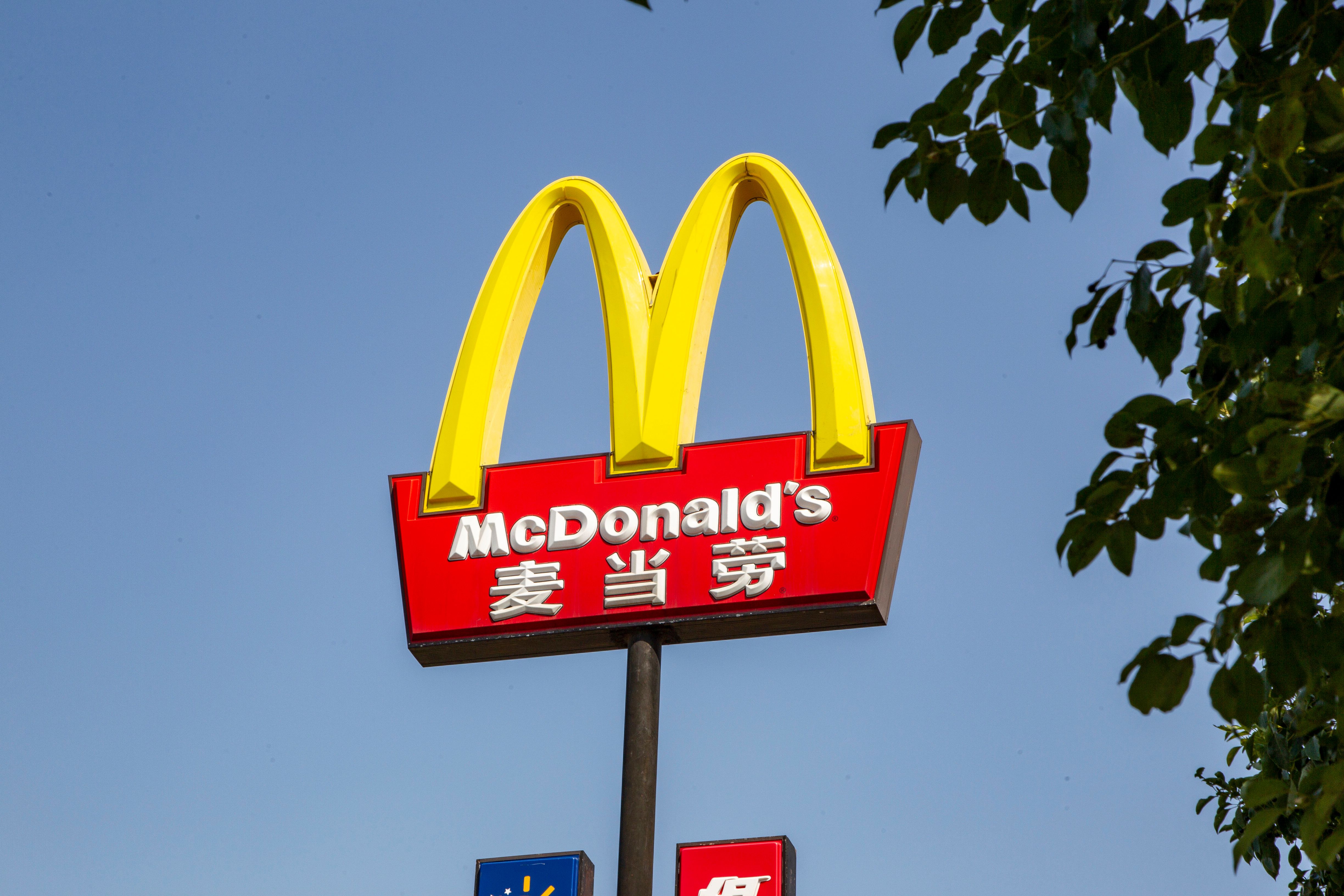18: Despite a recent government inquiry that condemned the use of live fire against protesters, Iraqi security forces have done just that – killing at least 18 people in the southern city of Kerbala. Tens of thousands of Iraqis have returned to the streets in recent days in a second wave of demonstrations over corruption, joblessness, and the government's violent crackdowns.
16: ISIS-linked jihadists killed 16 villagers in a shooting in northern Burkina Faso. It's the latest attack by jihadist insurgents who have gained a foothold in the Sahel region, stoking tribal and sectarian tensions.
350 million: According to a new study, some 350 million people in China are overweight or obese, including one out of every five children. In the mid-1990s, before an economic boom made processed junk foods more widely available, only one child in 20 was overweight.
67: Ethnic and political tensions have sparked an outbreak of violence in Ethiopia, Africa's second most populous country, resulting in 67 deaths. Prime Minister Abiy Ahmed has come under harsh criticism for his muted response to the violence, just weeks after receiving the Nobel Peace Prize.
